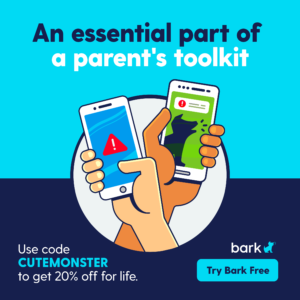Man park? A derivation of a dog park but for men. That’s the essence of the joke courtesy of an SNL skit starring Pete Davidson. Yet all good comedy is rooted in truth. Adult men tend to become more isolated as they age. Childhood friendships dissipate while creating adult friendships remain elusive. Generally speaking, men don’t make the time to seek out new relationships outside of their significant others. In the United States, current societal norms frown upon predominantly male social gatherings deeming them non-inclusive or toxic masculinity; the reasoning being that men have held advantageous positions in politics, business, and family for countless centuries. Complicating matters further, fatherhood indirectly erodes close friendships. How do we reverse the tide?
An article from Harper’s Bazaar states that when men have no friends, women bear the burden:
Unlike women, who are encouraged to foster deep platonic intimacy from a young age, American men—with their puffed up chests, fist bumps, and awkward side hugs—grow up believing that they should not only behave like stoic robots in front of other men, but that women are the only people they are allowed to turn to for emotional support—if anyone at all. And as modern relationships continue to put pressure on “the one” to be The Only One (where men cast their wives and girlfriends to play best friend, lover, career advisor, stylist, social secretary, emotional cheerleader, mom—to him, their future kids, or both—and eventually, on-call therapist minus the $200/hour fee), this form of emotional gold digging is not only detrimental to men, it’s exhausting an entire generation of women.
In an article from the National Review titled “American Mean Suffer a Friendship Recession,” Daniel Cox writes that declining religious involvement, lower marriage rates, and changes in the workplace may be creating a surge of disconnection:
There are structural factors at work as well. In a 2019 research project with my colleague Ryan Streeter, we found that higher rates of loneliness among Millennials was due primarily to lower religious involvement, lower marriage rates, and greater geographic mobility. Once accounting for these factors, Millennials were not lonelier than Baby Boomers. If men are marrying later than women on average and are less connected to religious communities, it may further exacerbate the friendship gap.
Julia Furlan’s article on NPR presents a plan of action for men to have better friendships:
“Children have remarkable social and emotional skills — to listen to each other, to read each other’s emotions, empathy, all sorts of lovely things,” she says.
But then, like clockwork, in late adolescence, boys go underground emotionally when talking about their friendships. “You get the ‘I don’t care anymore.’ Or, ‘No homo,’ as if I’ve been asking a question about their sexuality rather than about their friendships,” she says.
Fatherhood oriented groups such as NYC Dads Group have recognized the need for men to adapt to their new paradigm as Dads as well as the inherent benefit of male bonding. So too has Dad 2.0, an annual summit where marketers, media, influencers, experts, and parents discuss and define modern fatherhood. Although commercially driven, the core of Dad 2.0 provides a unique opportunity for fathers to dig deep into what makes them tick; a rare opportunity for introspection through the safe lens of collective fatherhood.
Overall, the importance for men to not withdraw from social interaction has never been greater. 21st century technological advancements facilitate a life of isolation. The comedic concept of a Man Park, might end up being the catalyst for change. What do you think?
Man Park via SNL
Related:
Subscribe to our YouTube Channel.
Love podcasts? Catch up and listen to episodes of The CuteMonster Show.




